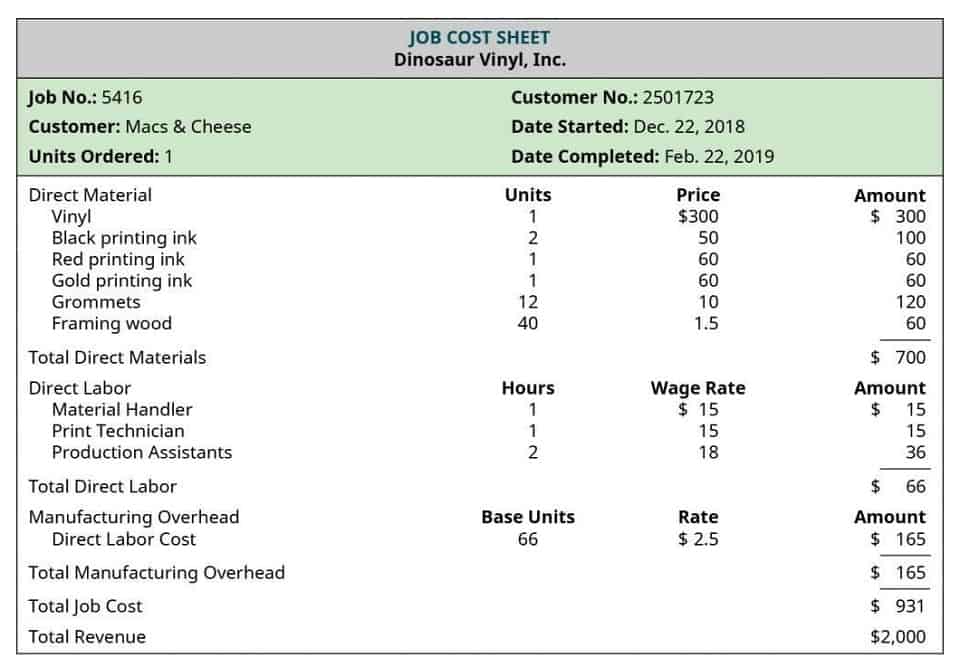Legal Trust Accounting in QuickBooks and Clio for Lawyers

Platforms like RunSensible are unearned revenue designed specifically for legal professionals, offering tailored solutions that meet these criteria. Trust accounting is a form of law firm accounting that manages client funds held in trust accounts. In the legal industry, trust accounting is governed by specific compliance rules based on jurisdiction and state bar requirements that attorneys must abide by.
Add your trust liability account in QuickBooks Online
Even though interest rates on business accounts are traditionally low, having a cash surplus in a https://www.bookstime.com/ business savings account can improve your likelihood of being approved for a loan. It’s also a good place to store money you’re setting aside for taxes and emergencies. We require two-factor authentication to be used by each CosmoLex user, to prevent unauthorized accounting system access. Finally, on each account, security permissions can be customized, so only the appropriate law firm employees can access the necessary information.
Save time with a tool designed specifically for legal accounting
Trust accounting is at the heart of the fiduciary responsibility a lawyer has with their client. When done inaccurately, the consequences of bad trust accounting can be severe. Each jurisdiction has its own set of rules and regulations, so you need to be diligent in your processes. CosmoLex’s highest priority is making the life of legal professionals more efficient, cost-effective, and compliant, which is why we have top-notch security features that keep confidential client information safe. We know attorneys are ethically bound to use secure software tools that ensure client confidentiality, which is why we take our commitment to cybersecurity practices so seriously. If you are looking at the trust account statement and the amount is say, $1000, but you don’t know that someone withdrew $50 over an hour ago, you’re not looking at real-time data.
- A double entry system, therefore, has two equal and corresponding sides—or debits and credits—and creates a balance sheet consisting of assets, liabilities, and equity.
- Next, we’ll dive into the key rules and regulations that govern trust accounting, ensuring everything is done by the book.
- When setting up a new account, ask your financial institution to provide trust account statements at the end of the reporting period.
- Client accounts are subject to strict regulations and guidelines to protect the interests of clients and maintain their trust in the legal system.
- We use this account detail type because when you pay a client’s expense on their behalf and expect reimbursement at a future point in time, you are loaning the client money.
Manage your law firm’s trust accounts accurately.
They help track every penny and provide a clear picture of all transactions. This means that every client’s funds are tracked individually, ensuring transparency and accuracy. Clients should be able to view their ledger upon request, which helps build trust and prevents misunderstandings. It’s about maintaining a fiduciary relationship where trustees are responsible for managing someone else’s money with integrity and transparency. This ensures that funds are used properly and according to the trust terms.

If you can provide modern, easy-to-use software for your law practice, they will use it more often and be grateful for the time savings. LeanLaw can provide profitability to your law practice by increasing cash flow / AR. And when the law staff uses software that delights them, it will boost morale and increase professional responsibility. Obviously, the whole process becomes much more complex with the more clients a firm has, and the more trust transactions that need to take place. A client or third-party (such as an insurance company or another attorney) hands your office a check for money that is not your money.

- Trust accounting refers to the process of managing funds that a lawyer holds on behalf of clients.
- Your best bet is likely to hire both a legal bookkeeper and a legal accountant.
- CosmoLex’s comprehensive solution for law firms is packed with all the features of trust accounting that legal teams need to manage complex transactions for trust accounts.
- By adhering to these dos and don’ts of trust accounting, law firms can establish strong financial management practices that prioritize accuracy, transparency, and compliance.
- This could mean taking on bookkeeping tasks in-house or hiring a professional bookkeeper with experience working with law firms.
A Maintenance Plan or monthly subscription is required to use Tabs3 Software. The FUTA tax rate is 6%, which taxes wages up to the first $7,000 earned by the employee during the year. There are also state and sometimes municipal payroll taxes to be collected. Speak to your accountant to make sure you are correctly withholding each payroll tax. Also, ask if you are eligible to receive a tax credit for paying timely state unemployment taxes. Employment taxes are reported using a Form W-2 for each employee, and Form 940 and Form 941 if you withhold any taxes from an employee’s paycheck.
What legal bookkeepers do
Legal trust accounting software enables trust accounting for lawyers lawyers to handle complex transactions with accuracy and speed, often eliminating the need for additional bookkeeping resources. Although QuickBooks trust accounting for lawyers makes life easier, several trust accounting features are built into Clio that do not exist in QuickBooks Online. These features are designed to keep you compliant with state bar rules and regulations.
What You Need to Know About IOLTA Accounts in Texas

Some software platforms allow you to use accrual-based books for monthly management of the firm while also creating cash-basis statements for preparing tax returns. Look into the pros and cons of both methods for your firm, then be consistent going forward to ensure your records are accurate and easy to track. Trust accounting also involves meticulous record-keeping and documentation. Law firms must maintain detailed records of all transactions involving client trust funds, including deposits, withdrawals, and transfers.
